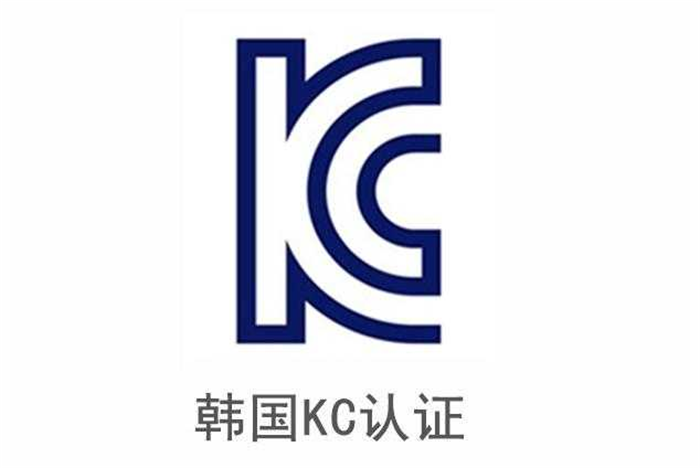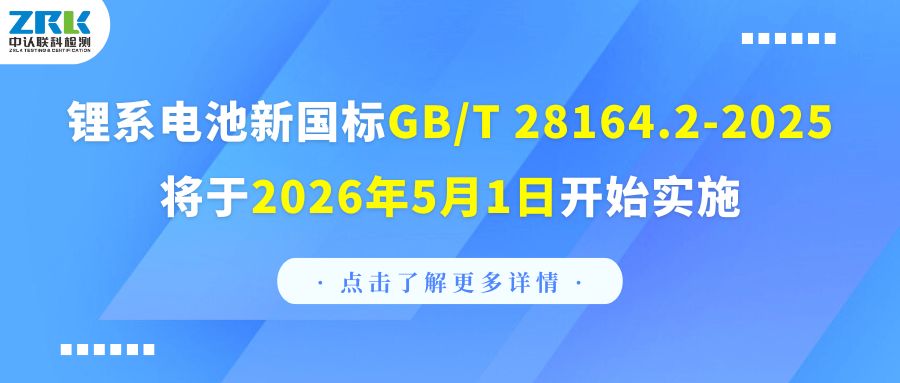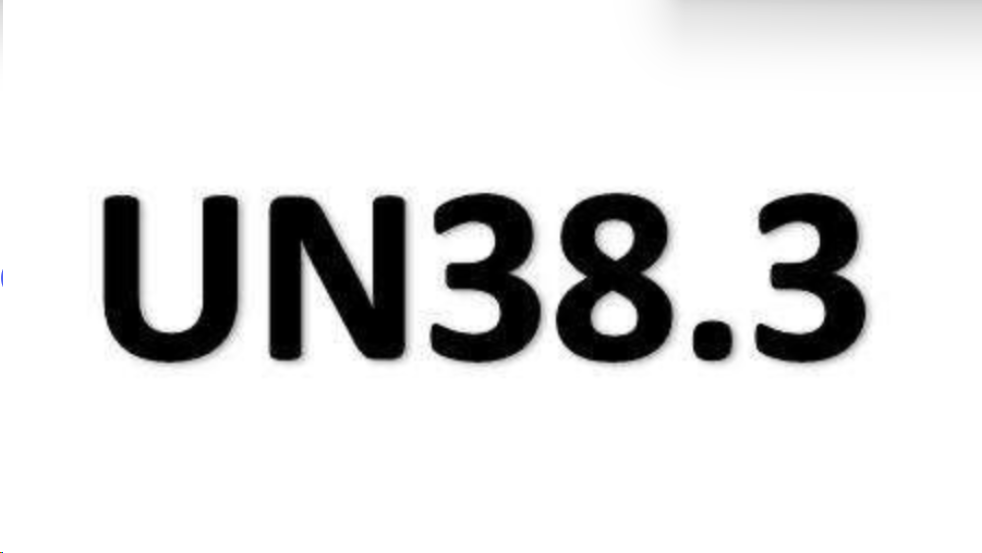According to relevant EU laws, the sale of electronic and electrical equipment in Germany requires special attention to the German Electrical and Electronic Equipment Waste Directive (WEEE). Recently, cross-border e-commerce platforms such as Alibaba, Amazon, and eBay have also issued relevant notices. According to the notices from each platform, Amazon will stop selling products that do not meet WEEE compliance requirements on June 5, 2023, while Alibaba and eBay will gradually control electronic and electrical equipment products sold to Germany from July 1, 2023.
When selling goods to German buyers, you must comply with the requirements of Extended Producer Responsibility (EPR). Our business sellers must comply with German packaging laws and the Electrical and Electronic Equipment Act (EEE Directive). This policy applies to commercial sellers whose shipping addresses are located in Germany for all products sold.
German Electrical and Electronic Equipment Regulations Commercial Sellers' Notice
1. Who will be affected by electrical and electronic equipment
This policy applies to sellers residing in Germany and sellers selling goods to German consumers in other countries/regions. This policy also applies to sellers using the Global Shipping Program.
2. If the following conditions are met, it is necessary to comply with the compliance requirements of the Electrical and Electronic Equipment Law and provide a WEEE registration number
★ Deemed as a manufacturer or importer under the Electrical and Electronic Equipment Law;
★ Publish electrical and electronic devices within the scope of this regulation on Alibaba, Amazon, and eBay;
The items sold are intended for use by individual consumers in Germany.
If the account does not provide a WEEE registration number, relevant publications on Alibaba, Amazon, and eBay may be hidden. After adding the WEEE registration number, the relevant publication will be restored.
3. Registration situations may need to be considered
★ Non German sellers (producers, manufacturers, importers without branches in Germany, and selling products to German consumers through direct mail or prior storage in German warehouses):
① If the product/brand has been introduced into the German market in the correct EAR category, please verify with EAR first;
② If the relevant product/brand has not been registered yet, please contact a third-party service provider for details in order to register under the correct EAR category.
★ German sellers (manufacturers/producers) with their own brands:
Register the brand in the correct EAR category and obtain a WEEE number.
★ German seller as importer (with branch in Germany):
① If the product/brand has been introduced into the German market in the correct EAR category, please verify with EAR first;
② If the relevant product/brand has not been registered yet, please register with WEEE and obtain a registration number.
If you do not have a branch in Germany, you must appoint an authorized representative to fulfill your legal obligations as a German manufacturer. The authorized representative needs to register on EAR and apply for necessary registration on your behalf.
What is German WEEE?
The WEEE European Union Directive, also known as Waste Electrical and Electronic Equipment Directive.
Starting from August 13, 2005, manufacturers of electronic and electrical equipment circulating in the EU market must legally bear their responsibility to pay for the recycling of scrapped products. At the same time, EU member states are obligated to develop their own electronic and electrical product recycling plans and establish relevant supporting recycling facilities, so that end-users of electronic and electrical products can conveniently and freely dispose of scrapped equipment.
After the promulgation of this law, its implementation was the strictest in Germany, where the Electronic and Electrical Appliances Law (ElektroG) was promulgated and an ear agency was established to be responsible for the registration, declaration, and recycling of waste electrical appliances.
Which products require WEEE?
1. Heat exchanger; For example: refrigerator
2. Display device; For example: desktop computer
3. Bulb/gas discharge lamp
4. Large electronic equipment; For example, massage chairs
5. Small electronic and electrical equipment; For example, a small audio system
6. Small IT and telecommunications equipment; For example: mobile phone
Strictly speaking, the vast majority of electronic and electrical products require WEEE
Materials to be prepared for WEEE registration application
● Filling out the WEEE application form
● Business license
● Corporate ID card
● 1 product image with logo
● Product manual
WEEE registration process
1. Merchants fill out the German recycling registration application form.
2. The recycling company formulates a recycling contract.
3. The merchant signs and signs back.
4. The recycling company signs a contract and the contract takes effect.
5. The merchant receives the bill and makes the payment.
6. The recycling company provides the contract and merchant registration information to EAR for review.
7. After EAR review, the WEEE code is issued and entered into the German electronic recycling computer query system.
Note: The original effective date for uploading WEEE in Germany was January 2023. However, due to policy adjustments in Germany, the upload time for WEEE registration in Germany was extended to July 1, 2023. So, sellers must pay attention to the impact of this policy.
Kind reminder
The registration time for WEEE in Germany is relatively long, usually taking 2 to 3 months or even longer. ZRLK suggests that sellers and friends should promptly understand the platform's policies, make plans, and prepare WEEE instructions in advance to prevent products from being removed from the platform! If you would like to learn more about the requirements for WEEE registration or if you have products that require WEEE registration, please feel free to contact us, and our engineers will be at your service as soon as possible!


![[Holiday Notice] ZRLK 2026 Chinese New Year Holiday Schedule](/uploads/image/202602/698559be66d97.jpg)










